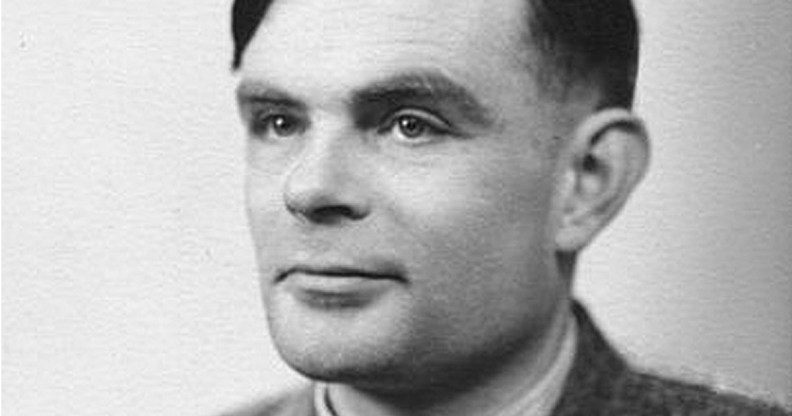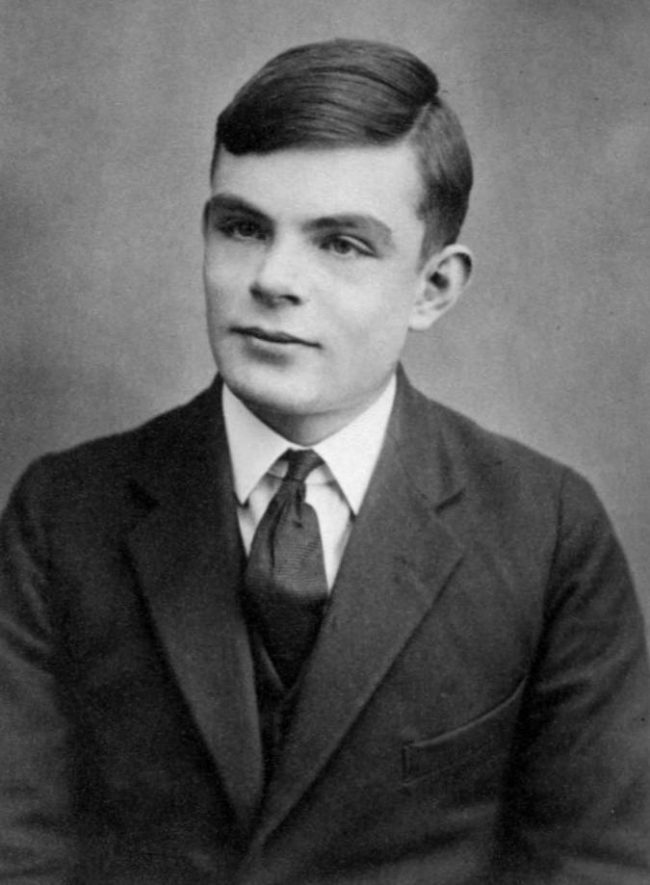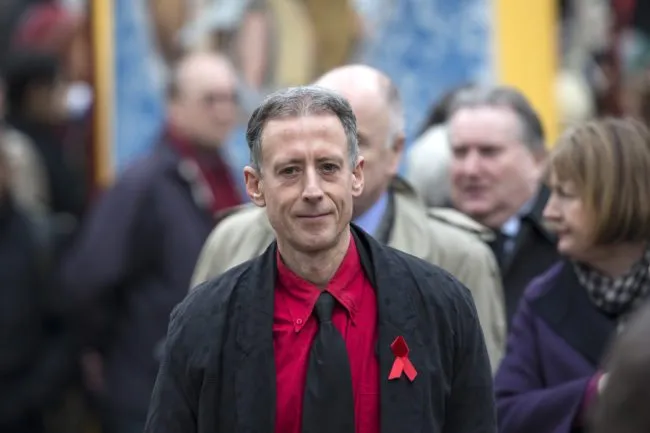How many people have been pardoned under Turing’s Law?

(Creative Commons)
Nearly 200 people have received pardons for historical gay sex offences under a 2017 law.
A cross-party ‘Turing’s Law’ was passed in 2017, allowing the thousands of men who were convicted of historical gay sex offences to apply for a formal pardon, while the men are also permitted to apply through the Home Office’s disregard process to have their offences removed. The law follows a pardon issued to wartime codebreaker Alan Turing in 2015.
Of the 100,000 men convicted under the anti-gay laws prior to the partial decriminalisation of homosexuality in 1967, it is believed that an estimated 10,000 are still alive.

Alan Turing (Creative Commons)
However, the government has confirmed that fewer than 200 pardons have been issued to date in England and Wales.
Responding to a written question in Parliament, Baroness Williams of Trafford said: “Pardons under Section 165 of the Policing and Crime Act 2017 are granted automatically when an individual applies successfully for a conviction to be disregarded.
“To date, there have been 174 pardons granted through this route, from 404 applications for convictions to be disregarded.
“If a disregard application is unsuccessful, the applicant will receive a letter detailing the reason for rejection.
“Most applications are unsuccessful as the convictions concerned are for ineligible offences, such as theft. Applications are also rejected if the activity was non-consensual, involved a person under 16, or remains an offence.”
The numbers suggest that 230 applications for pardons – 56 percent of the total – have been rejected.

Prime Minister Theresa May signed the law in 2017 (DARREN STAPLES/AFP/Getty)
Campaigners have called for the provisions to be expanded as gay men were frequently convicted under unrelated laws.
Lord Michael Cashman said: “The government must now consider compensating those whose lives and careers were blighted and, in some cases, they still are.”
Royal Fusilier Stephen Close, who was convicted for consenting sex with another soldier in 1983. said: “I was sentenced to six months in a military prison. I lost my job, home, income and pension.
“My homosexual conviction and ‘discharge with disgrace’ made it very difficult to get another job. I was near unemployable and was forced to do mediocre, low-paid jobs for three decades years. It caused me severe depression and ruined my life.”
Peter Tatchell, Director of the Peter Tatchell Foundation, said: “These men deserve an apology and compensation for the terrible persecution they suffered. Many were jailed and nearly all endured devastating knock-on consequences.

Peter Tatchell (Oli Scarff/Getty)
“They often lost their jobs and became near unemployable and semi-destitute because of the stigma associated with having a conviction for a homosexual offence. Some experienced the break-up of their marriages and lost custody and access to their children.
“Families and friends disowned them and they were abused and sometimes assaulted in the street. Many descended into a downward spiral of depression, alcoholism, mental illness and suicide or attempted suicide.
“The psychological and emotional scars are devastating and long lasting. That’s why they need and deserve state compensation.”
Scotland introduced a devolved system for pardons last month, while provisions extending Westminster’s law to Northern Ireland only recently came into effect.
Scotland decriminalised homosexuality in 1981 and Northern Ireland in 1982.
UK Home Secretary Sajid Javid recently issued an apology for UK anti-gay laws at a PinkNews reception – less than five minutes after Labour’s Shadow Home Secretary Diane Abbott called on him to do so.
Abbott had pressed the government for an apology in her speech at the reception, which Javid – who was listening in the audience – appeared to immediately respond to.
In his speech, Javid said: “It’s shocking to remember that back in the 1950s, the then Home Secretary vowed to eradicate homosexuality.
“Undercover police were instructed to loiter in bars, entrap gay men and put them in jail.
“Let me tell you, as the current Home Secretary, that was wrong, wrong, wrong, and I’m sorry that it ever happened.”

